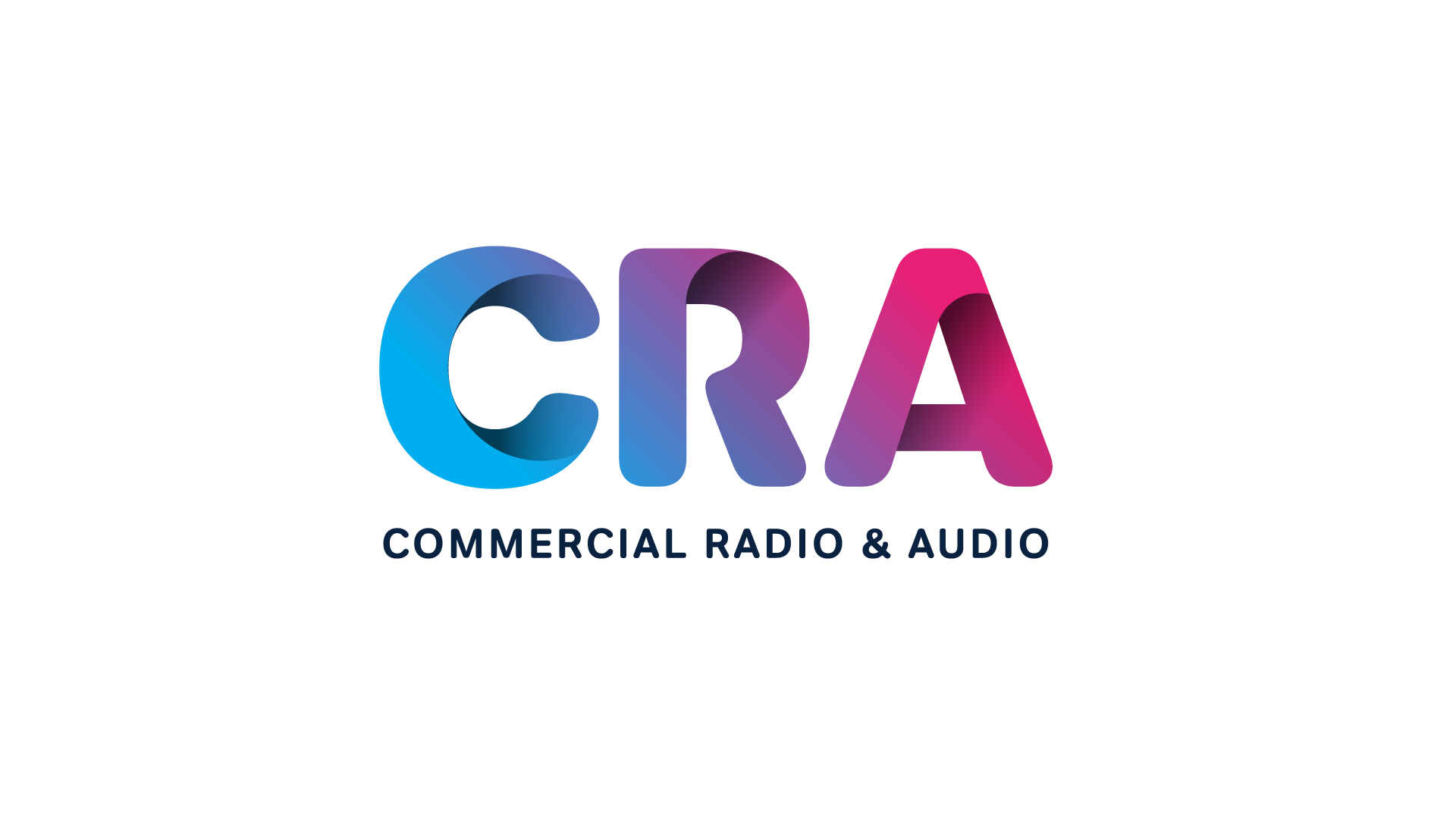The Private Member’s Bill Fair Pay for Radio Play has public hearings starting this week with the Media, Entertainment and Arts Alliance (MEAA) and Commercial Radio & Audio (CRA) having both made submissions to the Senate inquiry.
This Bill is seeking the removal of the cap on fees radio stations pay to the Phonographic Performance Company of Australia (PPCA) to play music.
CRA chief executive officer Ford Ennals said ahead of hearings:
“If multinational record labels are allowed to hike up radio’s music fees it would harm the sustainability of stations – particularly in regional and remote communities where local media has already diminished.
“Radio is already paying almost $40 million a year in fees – any increase to this would hurt radio, which in turn hurts music. Radio plays an important role in promoting and supporting Australian artists and music and we want this to continue.”
ARIA and PPCA CEO, Annabelle Herd said to the PPCA:
“Legislation should not restrict the value of a sound recording, particularly when it puts our local recording artists at a disadvantage in their home market. We are not asking to dictate unreasonable fees; we are simply asking for the right to fairly negotiate a correct rate recognising the work of recording artists.
“Currently, no cap applies to the royalties on an underlying musical work or the song composition meaning songwriters receive market rates, while the performers – like John Farnham, Kylie Minogue, Natalie Imbruglia and Jimmy Barnes – have their incomes restricted by a 55-year-old cap. And these are just the artists lucky enough to have achieved household-name status. While this cap exists, Australian recording artists vying to achieve the same level of success, in the most saturated market we have ever seen, are severely disadvantaged.
“Research by IFPI shows 63% of consumers wouldn’t listen to the radio without music. CRA’s recent Connecting Communities: The Economic And Social Contribution Of Commercial Radio And Audio In Australia report acknowledged that 85% of listeners identified music as one of the main content types they consume. Currently recording artists are subsidising a billion dollar industry while many struggle to achieve sustainable careers themselves. In a nation that prides itself on giving everyone a fair go, recording artists deserve fair pay.”
PPCA’s shareholders are three multinational record labels. MEAA Campaigns Director Paul Davies said the real imbalance of power does not lie with radio, but with the labels and their performers:
“Record labels have historically wielded their commercial power over artists – and the performer rarely comes out on top.
The MEAA represents musicians and songwriters, but our members also include people working in radio and journalists, and the impact of any fee increase should be weighed up against the effect it would have on local and regional radio.
We need to look at the bigger picture – the vast majority of musicians are cut out of payment for broadcasted music by the record companies under the current system, so we are concerned about any potential of entrenching and expanding an unfair system.”
Several independent reviews, enquiries and reports have been conducted ahead of the hearings in Canberra.

